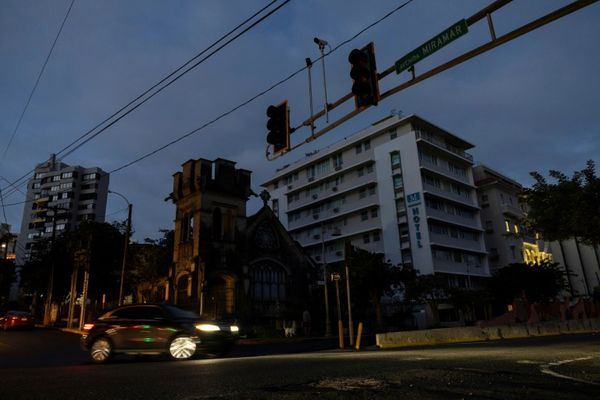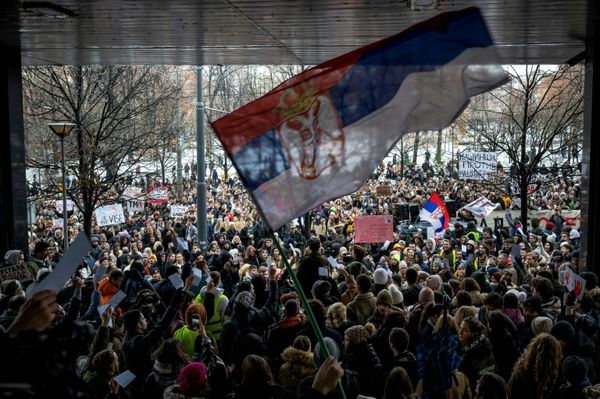
The threat posed by Iran to the global community has been on the rise in recent years, with security concerns remaining heightened following Israel's recent strike on Tehran. Israeli Prime Minister Benjamin Netanyahu hinted at a potential regime change in Tehran, citing various reasons for the escalating tensions.
One analysis from the Middle East Media Research Institute (MEMRI) suggests that Iran's oppressive practices within its borders could be a significant factor in the regime's potential downfall. The analysis points out that minority groups, constituting around 50% of Iran's population, face extreme oppression, leading to conditions described as 'open-air prisons.'
The report highlights ethnic minority groups like the Kurds and Baloch people as potential catalysts for change. The Kurds, comprising 10%-15% of Iran's population, primarily reside in border regions near countries like Iraq and Turkey. Similarly, the Baloch people, making up about 5% of the population, live along Iran's border with Pakistan.



The expert suggests that if these minority groups unite with the broader population against the regime, it could lead to a significant shift in power dynamics. The report emphasizes the strategic importance of these regions not only to Iran but also to other global players like Russia and China.
Furthermore, the analysis raises concerns about potential interventions by neighboring countries in the event of prolonged instability in Iran. Countries like Turkey, Russia, and China could seek to secure their interests in resource-rich regions within Iran, potentially leading to further geopolitical complexities.
The report underscores the importance of Western support for these minority groups both militarily and politically to safeguard their regions and protect broader Western interests. It also highlights the rising discontent within Iran, as evidenced by recent mass protests and violent crackdowns by the regime.
The death of Jina Amini, a Kurdish woman, sparked outrage and further united oppressed minority groups against the regime. Subsequent protests, such as the 'Bloody Friday' incident in Iranian-Balochestan, underscored the deep-seated grievances and the potential for a unified resistance against the oppressive regime.
In conclusion, the analysis suggests that the shared struggle for self-determination and national liberation could serve as a unifying force for minority groups in Iran, potentially paving the way for significant political change in the country.







